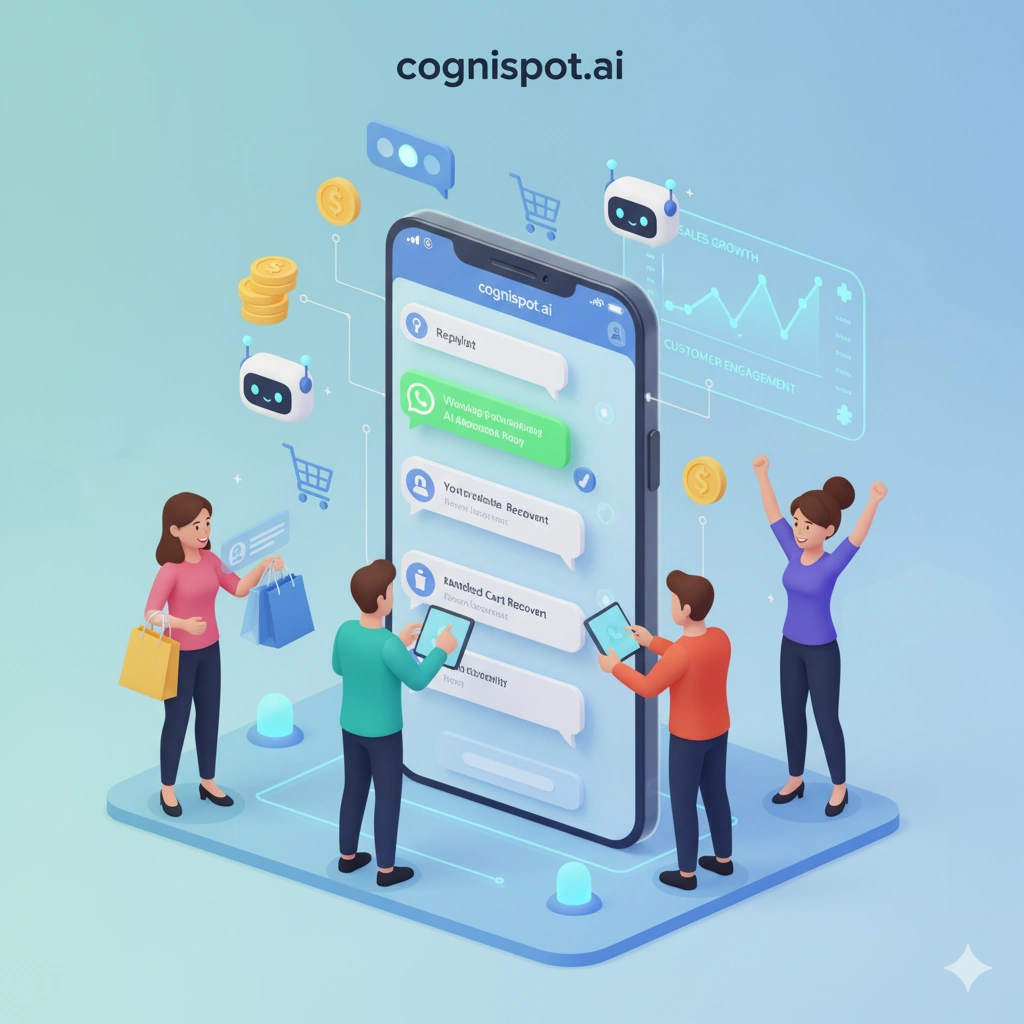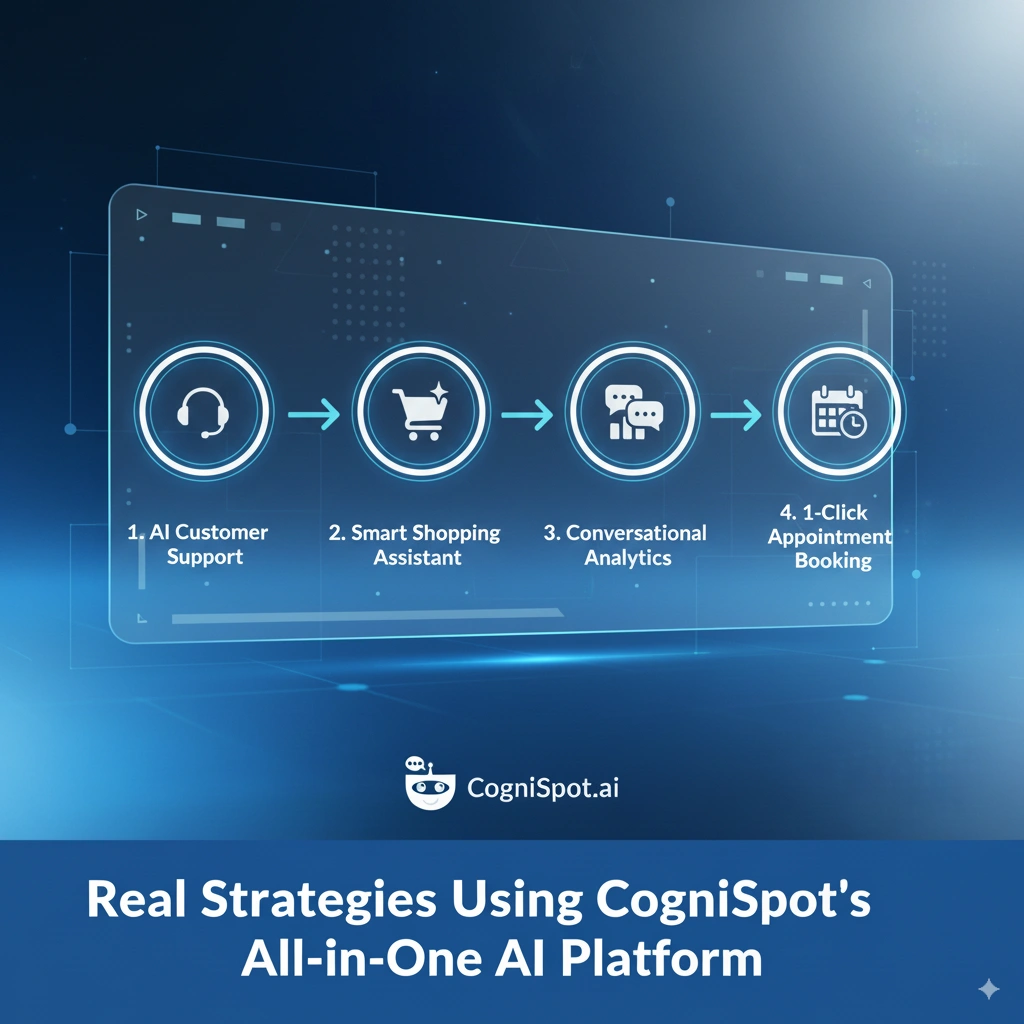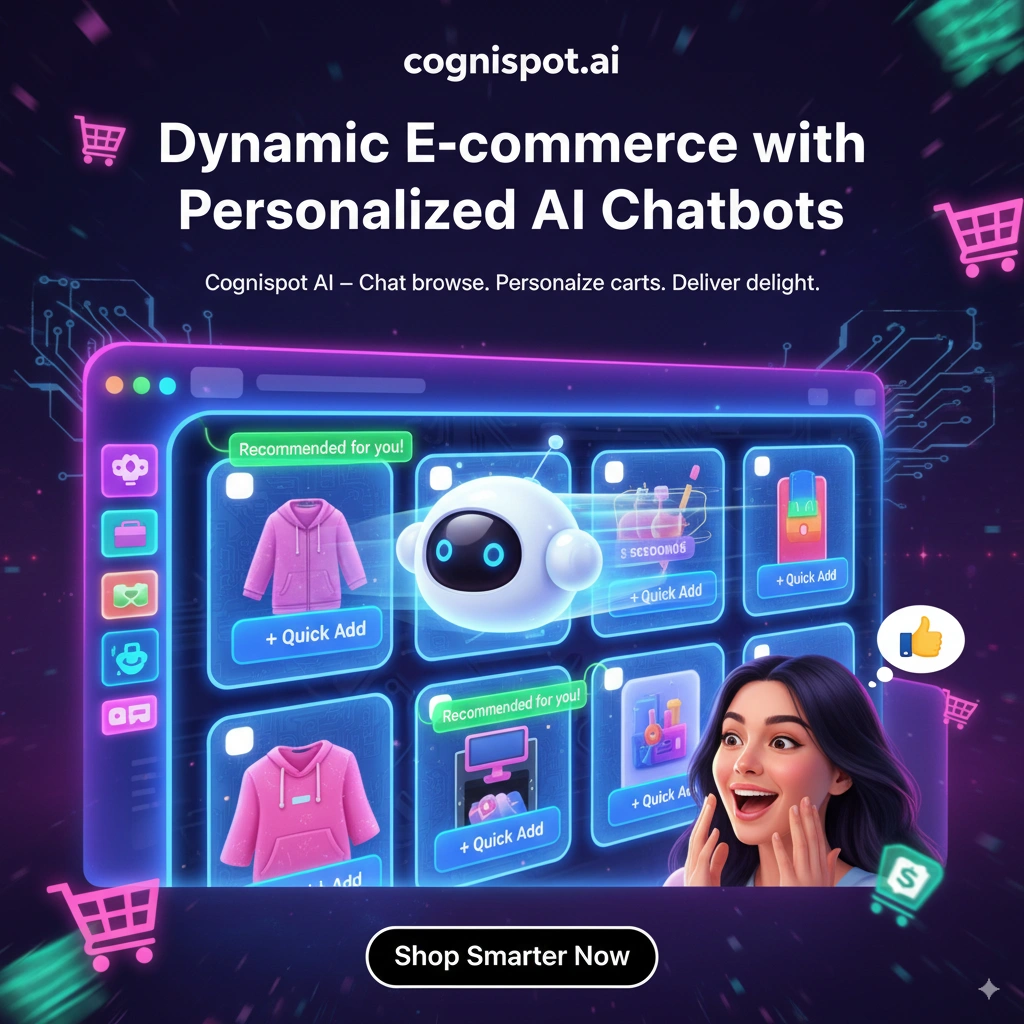Introduction to Predictive AI
The digital landscape of e-commerce is evolving at a breakneck pace, and businesses are constantly seeking new ways to gain an edge. Enter predictive AI, a game-changing tool poised to redefine the shopping experience for both retailers and consumers. By analyzing vast amounts of data, predictive AI can anticipate customer behavior, preferences, and trends before they even emerge. Imagine being able to tailor your offerings in real time based on insights drawn from user activity or market shifts—this isn’t just a distant dream; it’s becoming our reality.
As we look ahead to 2025, one thing is clear: the integration of predictive AI into online stores will not only enhance operational efficiency but also elevate customer satisfaction to unprecedented levels. E-commerce giants are already tapping into this technology for inventory management, personalized recommendations, and targeted marketing campaigns. For smaller businesses looking to compete in this dynamic environment, adopting predictive AI may very well be the key that unlocks their growth potential. Let’s delve deeper into why embracing this innovative approach is essential for any e-commerce business aiming to flourish in the near future.
Why E-commerce Businesses Need Predictive AI
E-commerce businesses face fierce competition. To stand out, they must understand customer behavior deeply. Predictive AI provides insights that were once unimaginable.
This technology analyzes vast amounts of data to identify trends and patterns. It helps predict what products will resonate with customers before they even search for them.
With predictive AI, businesses can enhance personalization. Tailoring recommendations based on individual preferences increases the likelihood of conversion.
Moreover, it optimizes inventory management by forecasting demand more accurately. This reduces excess stock and ensures popular items are always available when needed.
Adopting predictive AI isn’t just an option; it’s becoming a necessity in today’s digital marketplace. Those who harness its power will be better equipped to meet consumer demands and drive sales effectively.
Benefits of Predictive AI for E-commerce Stores
Predictive AI for e-commerce transforms how stores interact with customers. By analyzing past behaviors, it forecasts future purchasing patterns.
This technology enables personalized recommendations. Shoppers receive tailored suggestions based on their unique preferences. The result? Higher conversion rates and increased sales.
Inventory management also sees significant improvement. Predictive models help retailers anticipate demand, reducing overstock and stockouts. This leads to cost savings and better customer satisfaction.
Moreover, predictive AI enhances marketing strategies. Businesses can target campaigns more effectively by identifying trends in consumer behavior.
Customer service benefits as well. Chatbots powered by AI can predict inquiries and resolve issues before they escalate, enhancing the overall shopping experience.
Implementing predictive AI fosters a proactive approach to retail challenges, paving the way for innovation and growth in an ever-evolving market landscape.
Case Studies: Successful Implementation of Predictive AI in E-commerce
Many e-commerce giants have harnessed the power of predictive AI to transform their business models. For instance, Amazon employs sophisticated algorithms to analyze browsing history and purchase patterns. This approach enables them to provide personalized recommendations, significantly boosting sales.
Another compelling example is Walmart, which utilizes predictive analytics for inventory management. By forecasting demand based on seasonal trends and historical data, they optimize stock levels and reduce waste. The result? Increased efficiency and customer satisfaction.
Zalando, a leading fashion retailer in Europe, leverages machine learning to predict style preferences. Their system analyzes customer interactions with products, offering tailored suggestions that resonate with individual tastes.
These case studies showcase how integrating predictive AI into e-commerce operations can drive growth through enhanced personalization and operational efficiency. As these companies illustrate, embracing this technology paves the way for more informed decision-making in an increasingly competitive landscape.
Challenges and Concerns of Using Predictive AI in E-commerce
While predictive AI for e-commerce offers numerous advantages, it does come with its share of challenges. One primary concern is data privacy. Consumers are becoming increasingly wary about how their personal information is used and stored. E-commerce businesses must tread carefully to maintain trust.
Another challenge lies in the quality of data itself. Predictive models rely on accurate and comprehensive datasets. Any gaps or inaccuracies can lead to misguided predictions that could frustrate customers rather than enhance their shopping experience.
Additionally, there’s a risk of over-reliance on algorithms. While automation can streamline processes, human intuition still plays a critical role in understanding customer sentiment and market trends.
The cost of implementing advanced AI systems can be daunting for smaller retailers. They may struggle to compete against larger players who have more resources at their disposal when investing in this technology.
The Future of E-commerce with Predictive AI
The landscape of e-commerce is evolving rapidly, driven by advancements in technology. Predictive AI stands at the forefront of this transformation.
In 2025, online retailers will leverage data-driven insights to create hyper-personalized shopping experiences. Customers will receive tailored product recommendations that match their preferences and past behaviors with remarkable accuracy.
Inventory management will also see significant improvements. Retailers can anticipate demand trends, reducing excess stock while ensuring popular items are always available. This efficiency leads to cost savings and enhanced customer satisfaction.
Furthermore, chatbots powered by predictive AI will offer real-time assistance during the shopping journey. They’ll not only resolve queries but also guide shoppers through personalized buying paths based on individual needs and habits.
As companies adopt these technologies, competition will intensify. Brands that harness predictive AI effectively will stand out in a crowded marketplace, setting new standards for customer engagement and operational excellence.
Conclusion: Embracing the Power of Predictive AI in E-commerce to Stay Ahead in 2025
As we look toward 2025, the landscape of e-commerce is set to transform dramatically with the rise of predictive AI. Businesses that harness this technology will not only enhance their operational efficiency but also create personalized shopping experiences for their customers. The ability to anticipate consumer behavior and preferences can provide a significant competitive edge.
Adopting predictive AI isn’t just an option anymore; it’s becoming essential for survival in a rapidly evolving market. Companies that integrate these advancements will likely see improved customer satisfaction, increased sales, and better inventory management.
Embracing the power of predictive AI allows e-commerce businesses to adapt more swiftly to trends and changes in consumer demand. For those looking to thrive in this digital age, investing in predictive technologies will be key. As 2025 approaches, staying ahead means embracing innovation and leveraging data-driven insights like never before.













